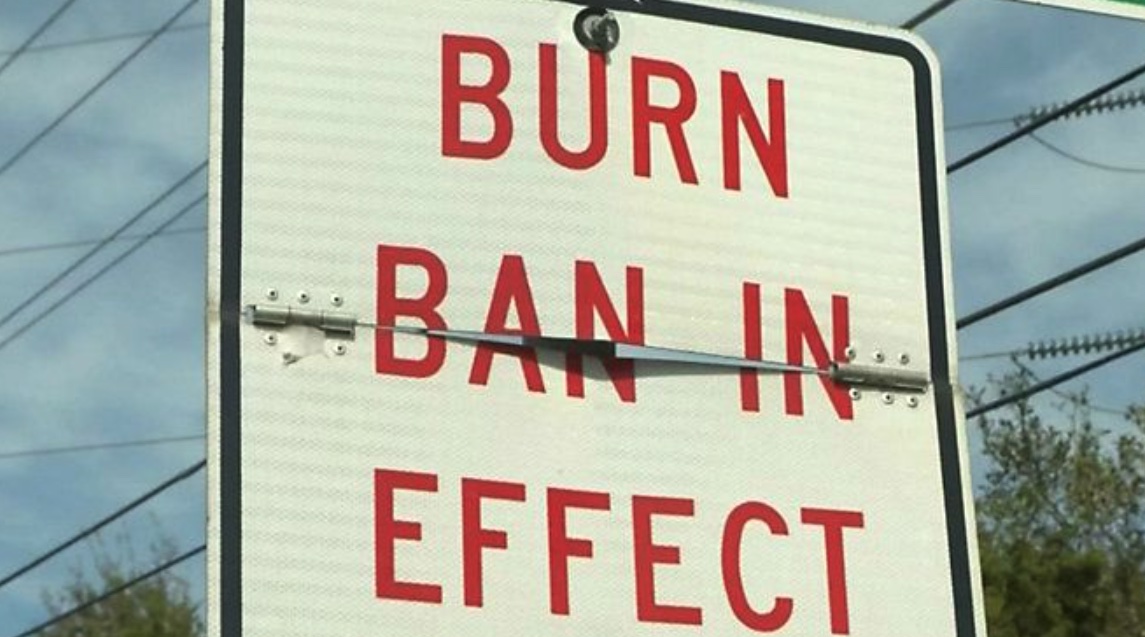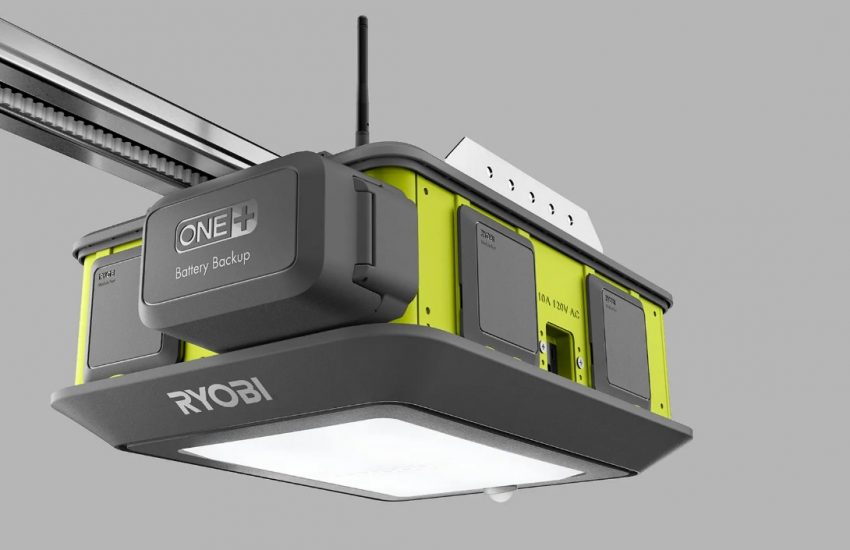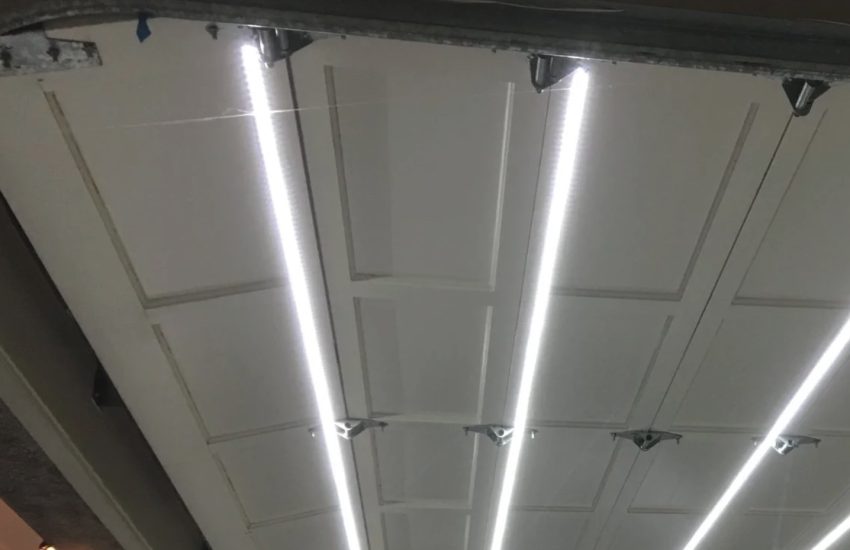Do Burn Bans Include Fire Pits?
Burn bans are prohibitions against outdoor fires in the interest of public safety. When it is very hot, it is easy to start a wildfire when you have a bonfire outside during a party or when spending time with your family.
Burn bans in several states are instituted when drought conditions can easily result in an out-of-control outdoor fire.
Sparks from your fire can cause surrounding bushes and grass to catch fire and destroy property. Burn bans involve all types of outdoor open fires, including fire pits.
If there is a burn ban in your area, you should check the regulations before lighting a fire pit. Below is more information about ban burns and the different regulations in various states.
What are burn bans?
As mentioned above, burn bans are prohibitions against lighting open fires outdoors during drought. Open fires can easily start a wildfire and burn up houses and vegetation. Ban burns cover campfires, firepits, bonfires, and cooking fires.
For instance, if you want to roast meat over an open fire in your firepit, it is illegal when a burn ban is in effect in your area.
Who issues burn bans?
Burn bans are instituted by county commissioners or judges for individual counties and by the governor’s office for state-wide burn bans. In addition, the state fire marshal provides information on existing bans in different counties.
In some states, the fire chiefs in different counties order burn bans, for instance, in Indiana and Iowa. In Missouri, burn bans are issued through ordinances by the county commissions in the different counties. Finally, the county judge-executive issues county burn bans in Kentucky.
What happens if you are caught flaunting a burn ban?
State law enforcement officers are responsible for enforcing burn bans enacted by the local government or the state governor. They can give you a ticket when they find you violating the local burn regulations, whether in a park or on your property.
The ticket attracts a fine that you must pay. Bear in mind that burn bans are in place for public safety. During a drought, when everything is very dry, open fires can easily start difficult to control wildfires, destroying natural resources and property and causing health problems for the people.
In addition, if you violate restrictions, resulting in a wildfire that destroys plant life and property, you are liable for the suppression costs and property damage caused by the fire. Law enforcement may charge you with a criminal offense that could result in jail time. Here are some fines for lighting open fires outdoors during a ban burn.
- In Arkansas, you will pay a fine of $500 if you violate a burn ban. The same is true for Texas.
- In North Dakota, violating a burn ban can result in a fine of up to 1500 dollars or 30 days in jail. The state also has strict laws on starting an open fire on someone else’s property, such as a bonfire on your neighbor’s land.
- California has stricter laws on burning, and campfires, for instance, require a burn permit if they are not in a recreational area. That said, violating burn bans in California can result in a fine of $200. You need a permit to use a barbeque or stove or build a campfire outdoors. Different counties in the state have varying laws, but you can use your fire pit on your property without a permit. Check local ordinances before you light an open fire on your property.
Do burn bans affect fire pits?
Burn bans affect fire pits depending on the type. For example, most counties ban wood fire pits, but propane fire pits are allowed in many states. Therefore, if you have a propane fire pit or a natural gas one, you can continue using it outdoors. That said, you must follow these safety tips to prevent a wildfire.
- Ensure you extinguish the fire after use and never leave it unattended. That will reduce the risk of nearby bushes catching fire. Also, check the fire pit for embers to ensure sparks do not reignite them and even start a fire.
- Ensure that your firepit gets regular maintenance to ensure that it is not damaged. A damaged fire pit can easily start a fire that will damage property and natural resources.
- If you have problems lighting your propane fire pit, consult an expert. A problem lighting your propane fire pit can result in an accidental fire that damages property and injures many people.
- When using a natural gas or propane fire pit, remember the flames pose a wildfire risk so make sure that the fire is not huge.
How to get information on burn bans
You are often unsure whether your county or state has burn bans. It is essential to check local regulations so you do not get a ticket, as that could be costly. Here are three ways to get information on local burn bans.
- You can get information on burn bans by calling the fire department and asking about them. The person that answers will give you the information that you need. In some areas, the fire department has a prerecorded message that gives information on issues like burn bans.
- TV and radio stations have websites providing news on recent events, such as burn bans and other ordinances.
- The county and state government websites will also have information on burn bans and exceptions that may exist in the area.
Burn bans exist for your safety and the safety of your neighbors. Wildfires can destroy ecosystems, damage property, and result in the death or injury of both animals and people. In addition, violating these bans can result in fines or even jail time. Ensure you check local burn bans before using your fire pit during a drought, as regulations vary from county to county.


